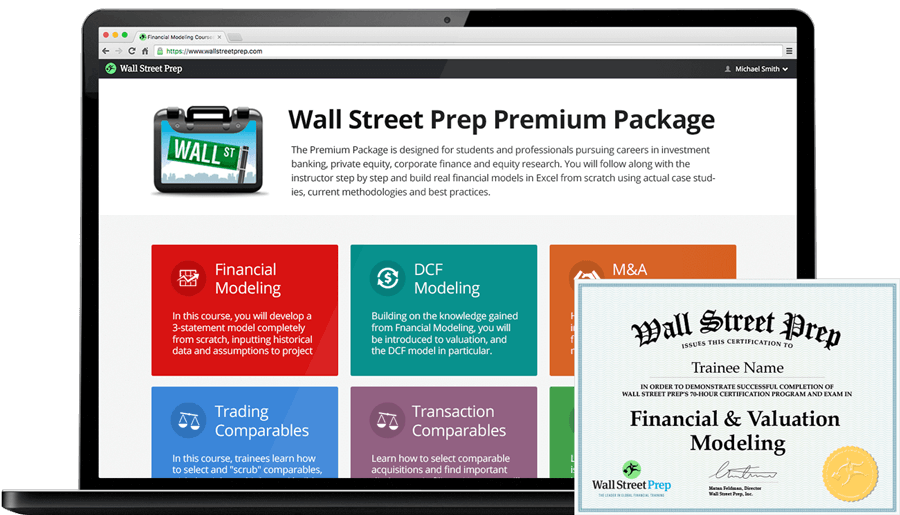Accrual Accounting vs. Cash-Basis Accounting: What is the Difference?
Under Accrual Accounting, revenue is recognized once earned, and expenses are recorded post-invoice, whereas Cash-Basis Accounting recognizes revenue and expenses only after the actual cash transfer.

How Does Accrual Accounting Work?
The difference between accrual and cash-based accounting lies in the timing of revenue and expense recognition – or more specifically, the conditions that are required to be met for revenue or expenses to be recorded.
Under U.S. GAAP, the standardized reporting method is “accrual” accounting.
Accrual accounting records revenues once earned – which means the product/service was delivered to the customer, and the company reasonably expects the payment in return.
Even if the customer pays on credit (i.e., the cash has not yet been received from the customer), the revenue is recorded on the income statement, and the amount is captured in the accounts receivable (A/R) line item on the balance sheet.
Regardless of the fact that cash payment was never received, the revenue in such a case would be recognized under accrual accounting.
Likewise, if a company pays a supplier using credit as opposed to cash, the expense is still recorded on the income statement despite the invoice having not been paid off, which reduces the taxable income in the current period.
Even though the company will eventually make the cash payment for the products/services received, the cash is in the possession of the company for the time being, and the amount is recorded on the balance sheet as accounts payable (A/P).
How Does Cash-Basis Accounting Work?
In comparison, “cash-basis” accounting recognizes revenue only if cash payment is actually received for the product/service delivered.
Moreover, a company’s expenses are not recognized until an actual cash payment is made (i.e., a real cash outflow).
The benefit of cash-based accounting is that it tracks the amount of cash a company truly has on hand at any given moment.
For that reason, for distressed companies facing a liquidity shortage, cash-basis accounting is used for internal purposes to share with lenders and/or the Bankruptcy Court.
Unlike accrual accounting, the cash-based accounting method recognizes neither accounts receivable (A/R) nor accounts payable (A/P).
Note that cash-basis accounting is used predominantly by private companies.
What is the Difference Between Accrual Accounting and Cash-Basis Accounting?
In cash-basis accounting, the main difference is that the cash value shown on the balance sheet represents the actual amount of cash in the company’s bank account.
In other words, the cash in the bank account is ready for use and at the company’s disposal.
However, for accrual accounting, the cash flow statement is required to understand the real liquidity position of the company.
The cash flow statement tracks the non-cash add-backs and changes in working capital, among other factors that impact the cash balance.
Under accrual accounting, the cash balance shown on the balance sheet might not accurately represent the company’s actual liquidity, which explains the importance of the cash flow statement.

Everything You Need To Master Financial Modeling
Enroll in The Premium Package: Learn Financial Statement Modeling, DCF, M&A, LBO and Comps. The same training program used at top investment banks.
Enroll Today




